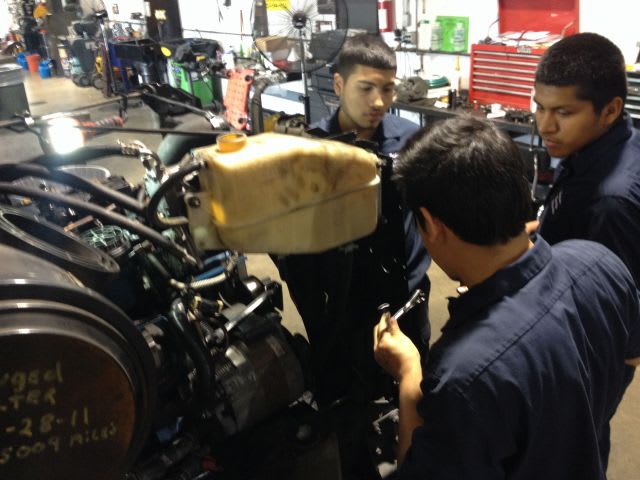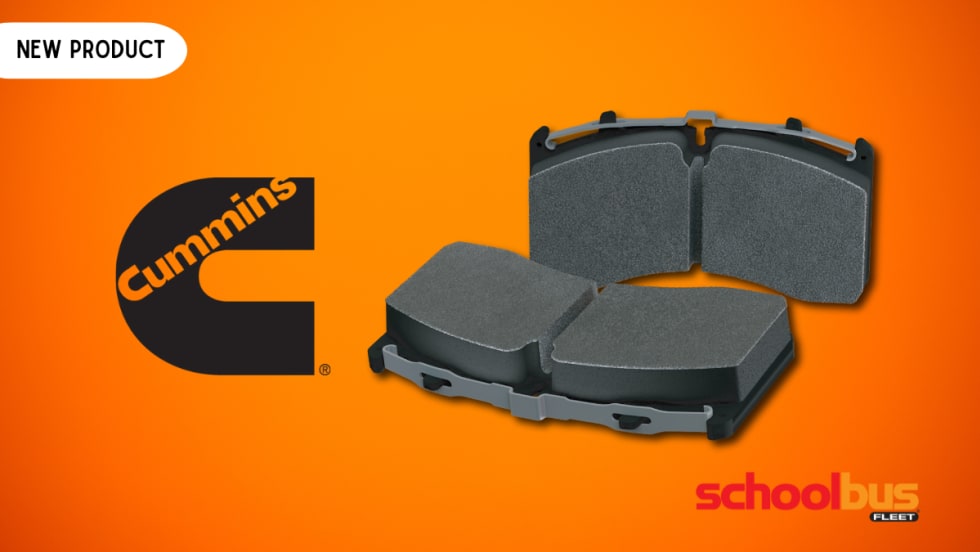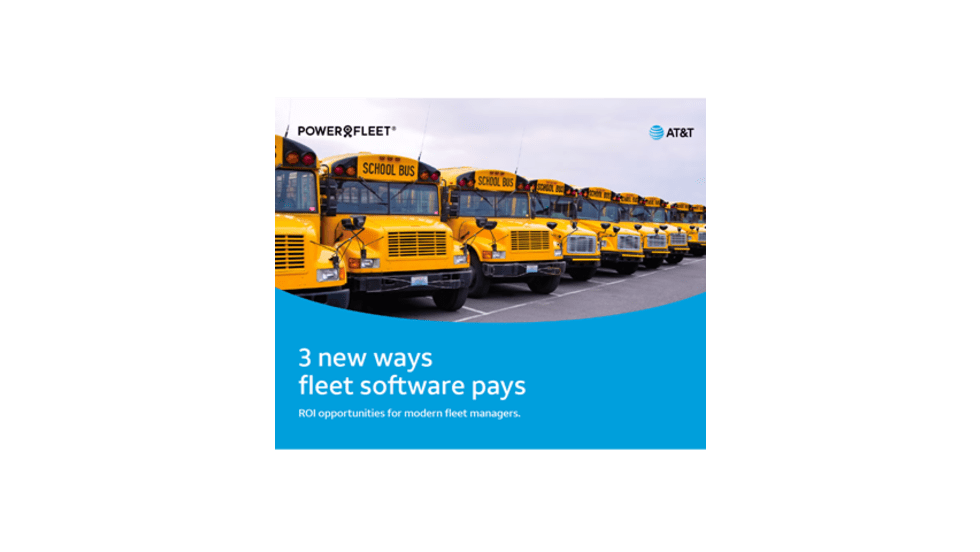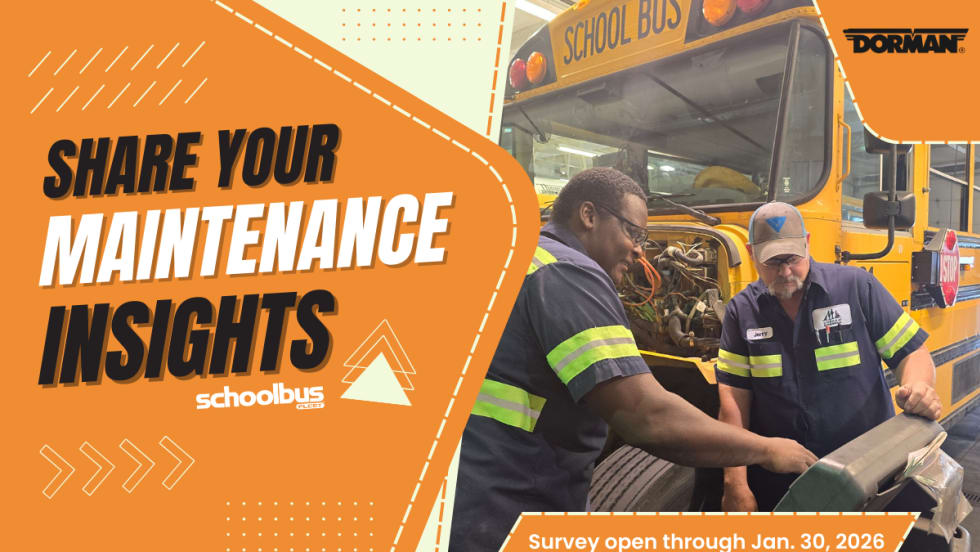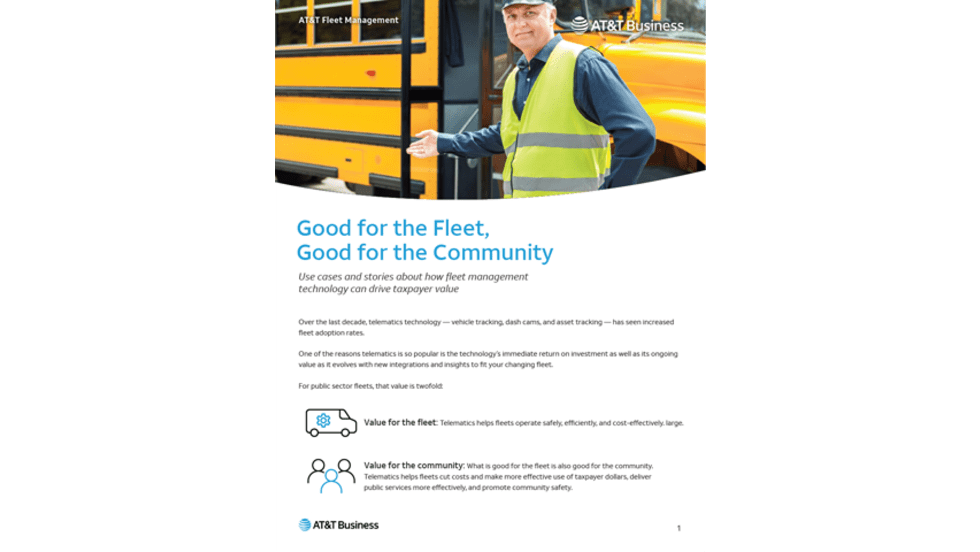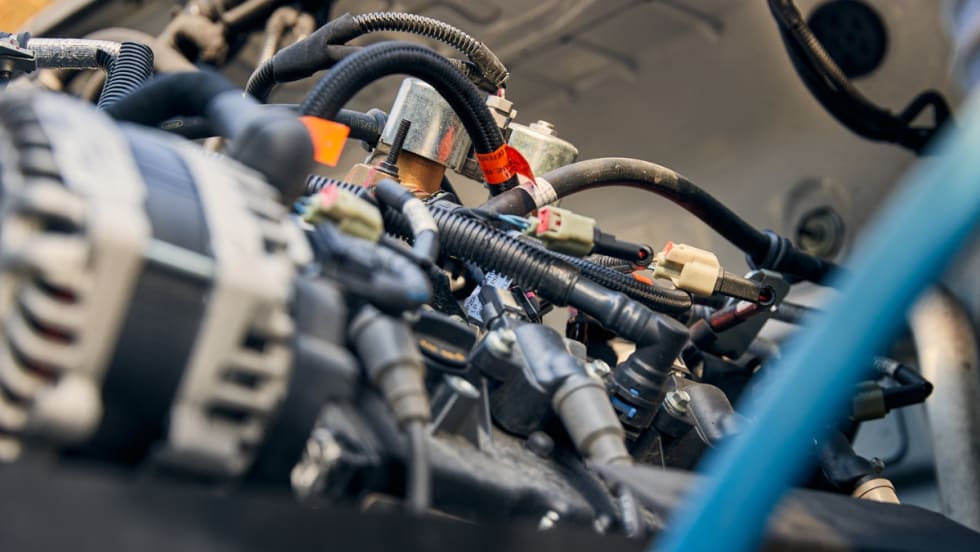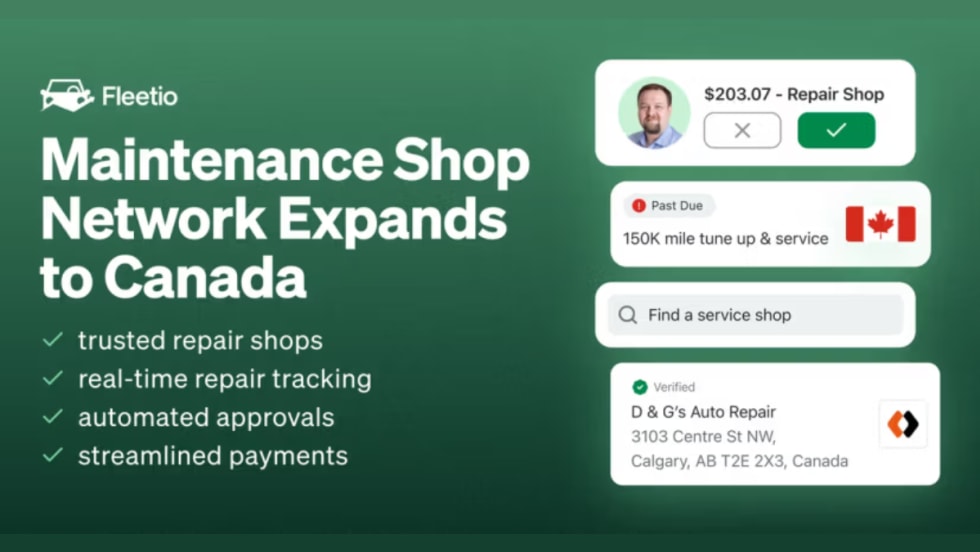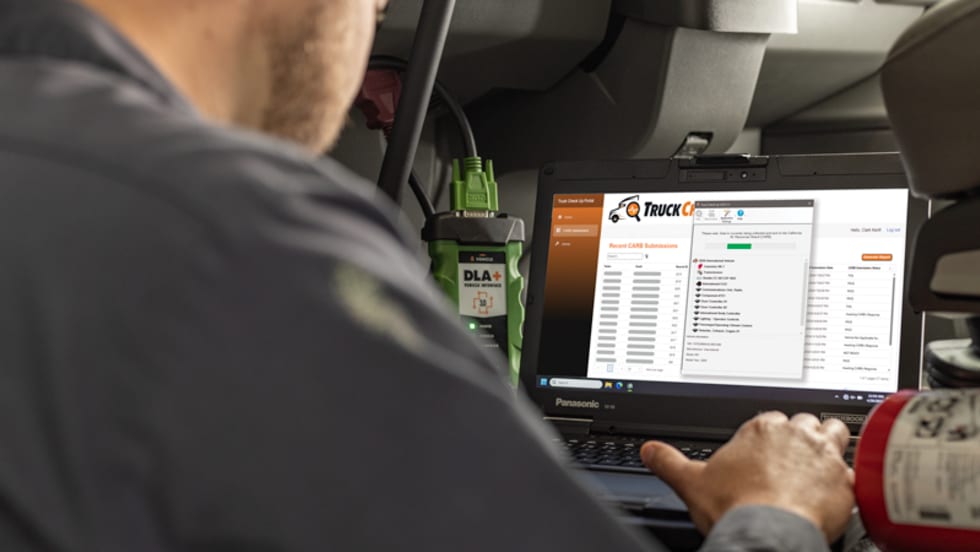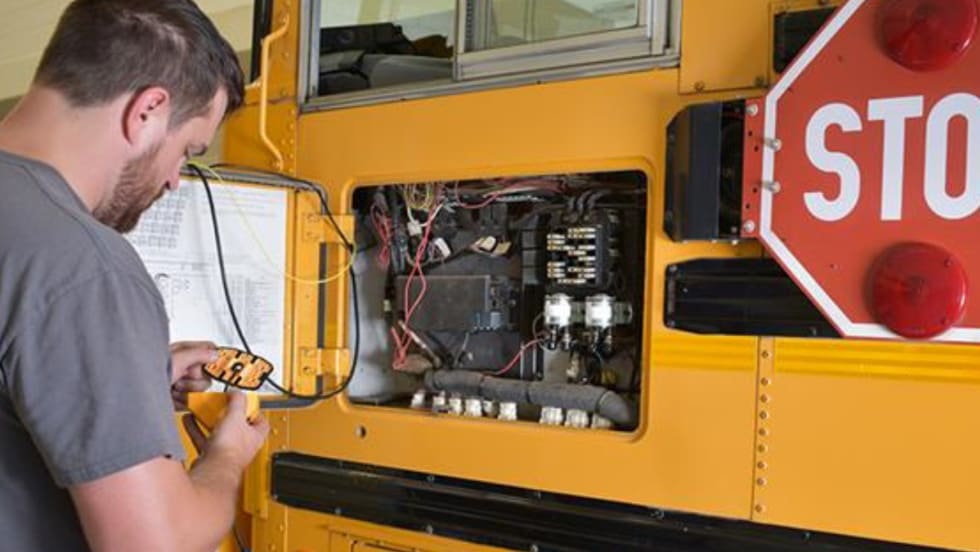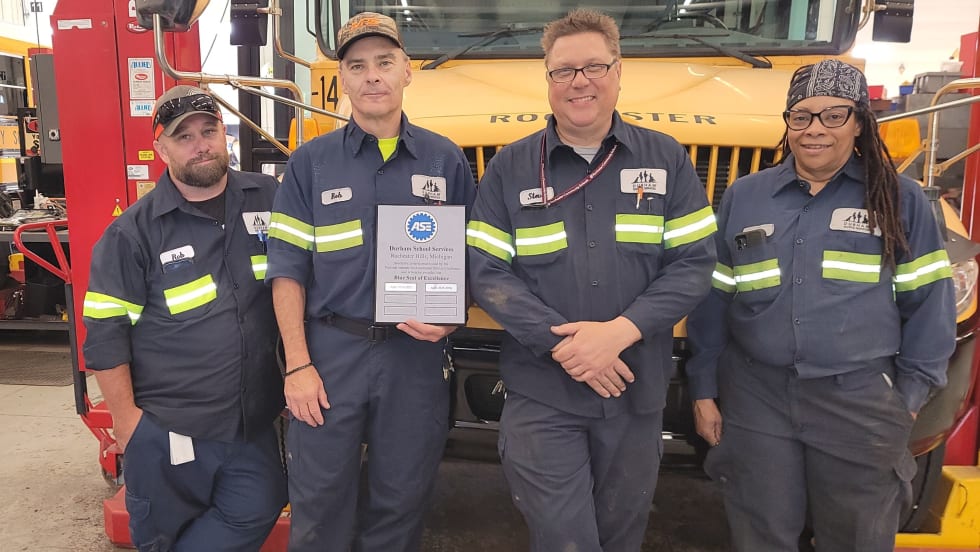
Students ride your school buses on a daily basis, but have they had a chance to experience the school bus shop?
More specifically, have you considered hosting an internship program for students who are interested in working on large vehicles?
That thought came to mind as I reviewed a recent report by TechForce Foundation. The nonprofit’s report, titled “Transportation Technician New Entrant Demand,” shows a heightened need for vehicle techs in the U.S. in the coming years.
After analyzing data from the U.S. Bureau of Labor Statistics (BLS), TechForce found that the estimated demand for new entrant vehicle technicians is much higher than previously reported. New entrant technicians are those needed to fill the growth in new positions and to replace those who leave the field.
The TechForce report reveals that the newly projected BLS average annual new entrant demand — 75,900 auto technicians for the 2016 to 2026 period — is much greater than the previous BLS projected demand — 23,720 technicians for the 2014 to 2024 period.
The demand for diesel technicians is similar. According to TechForce, the newly projected BLS average annual new entrant demand of 28,300 diesel technicians far surpasses the previous projection of 7,690.
“BLS had underestimated the replacement component of demand — replacing existing technicians who have retired, been promoted, or decided to find a new career,” explained Greg Settle, TechForce’s director of national initiatives. “That methodological problem has been rectified with the new projections just issued by the BLS for the 2016-2026 period.”
Settle added that three key factors have exacerbated a shortage of technicians.
“We’re caught in the middle of a strong growing economy, a ‘catch-up’ demand for technicians created by the Great Recession of 2008, and the increasing complexity of vehicles,” he said.
SBF has devoted a great deal of coverage to the pervasive issue of school bus driver shortage, which even impacts the shop (see our 2018 Maintenance Survey). But less has been said about technician shortage.
Even if you don’t currently have a shortage of technicians, have you thought about your need for the coming years? Is your district projecting growth in student enrollment, which will require more buses and therefore more people to maintain them? Are some of your experienced techs likely to retire in the next few years, leaving big shoes to fill in the shop?
To that end, an internship program could be an effective way to prepare students — as well as your own operation — for the future.
As one example, Cobb County (Ga.) Schools offers programs in which students can gain experience in the school bus garage. As we reported in our March 2017 issue, the district’s work-based learning program helps technical school students figure out if they want to go on to a trade school. These interns have learned, among other things, how to install and repair school bus seat covers and how to run a tire program.
Also, Cobb’s corporate classroom program recruits special-needs students who have high-functioning skills and an interest in working with their hands. The Cobb transportation team has taken on several of these students as interns as they work toward graduating from high school and making the transition to working adult life.
Programs like this provide a great opportunity for students to experience a line of work that could lead to a fulfilling career. The interns can also help the school bus maintenance crew with its current workload, and they might even become future employees.
In January, the TechForce Foundation held a summit to discuss its FutureTech Success campaign, which encourages young people to pursue careers in the technician profession. Jennifer Maher, CEO and executive director of TechForce, pointed to a misconception that must be corrected in order to meet the increased demand for new technicians.
“For decades, students have been told there’s only one road to success, and that’s through a four-year degree,” Maher said. “They’ve been led to believe that working with your hands and using one’s natural tactile intelligence is a ‘less-than-desirable pathway.’ But it’s simply not true, and America needs its skilled technicians to keep it rolling. Today’s vehicle technician jobs are in high demand and provide a solid middle-class career path.”
That’s a message that the school bus industry would be wise to repeat.




